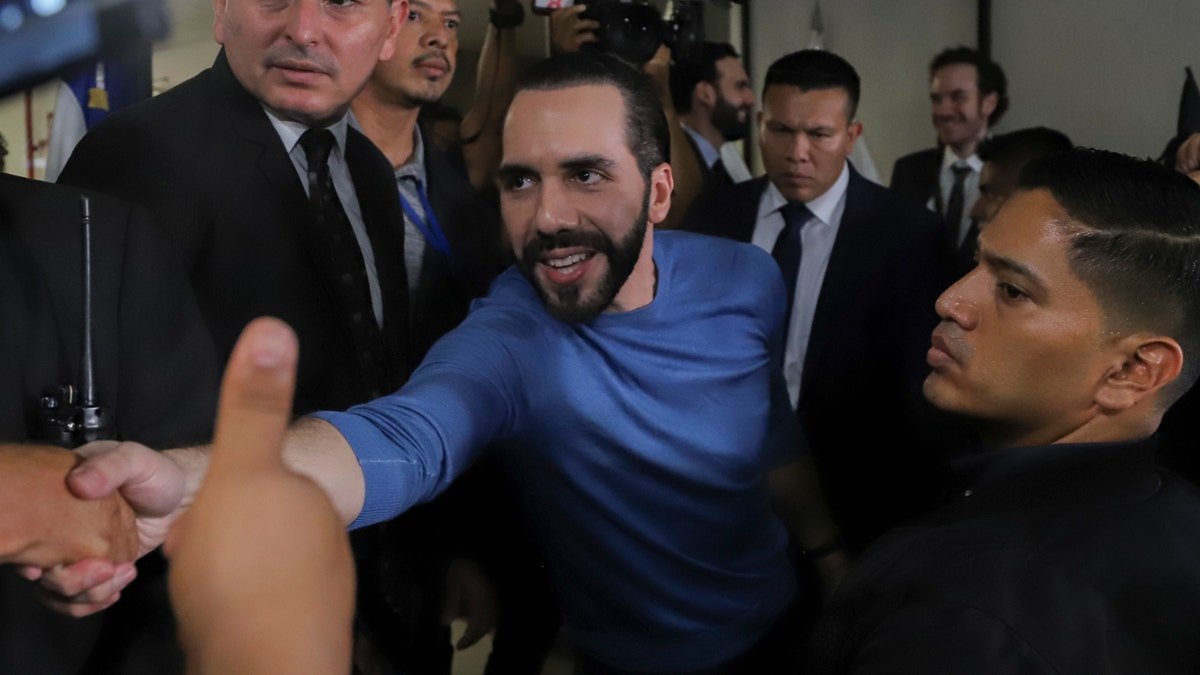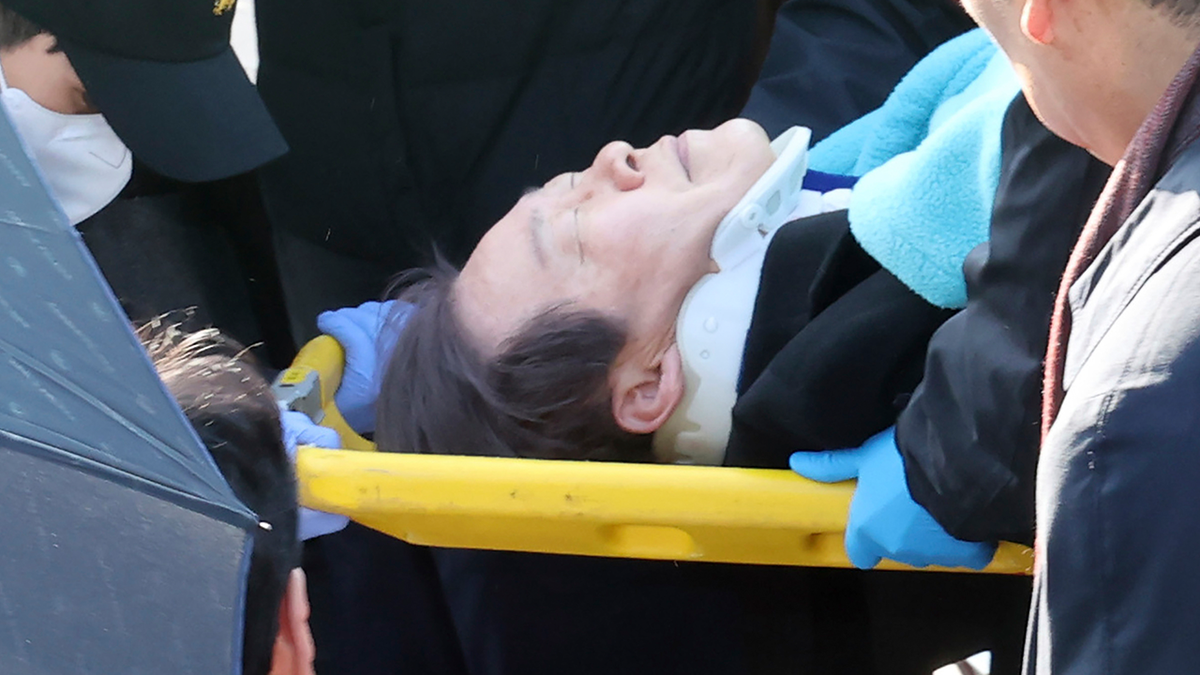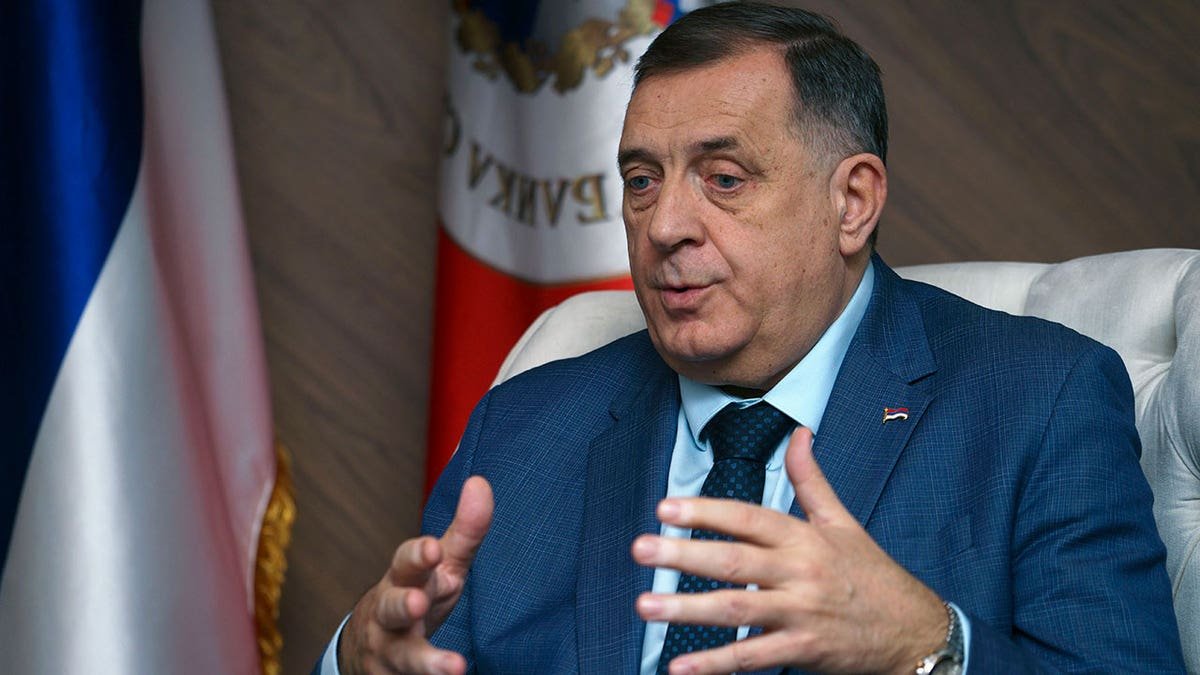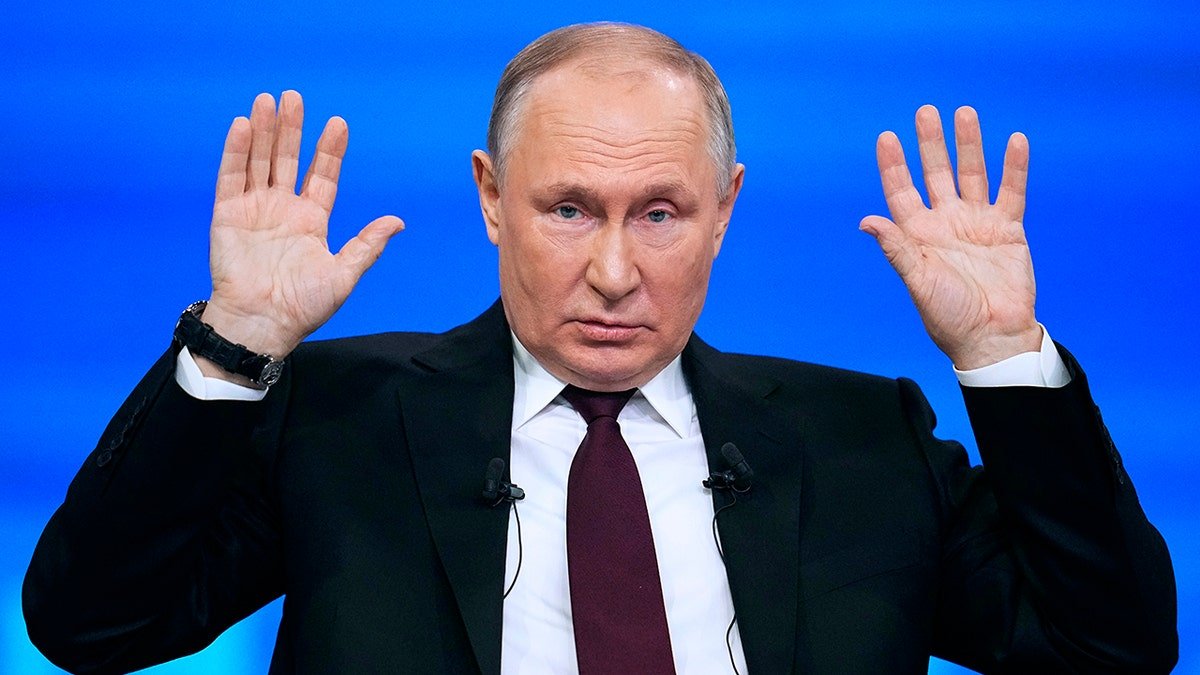- Right-wing President Nayib Bukele of El Salvador, currently on leave from office, has taken his controversial re-election campaign beyond Salvadoran borders in a bid to shore up global support.
- Bukele took to X, formerly Twitter, to tout recent discussions with other insurgent, ideologically-aligned global counterparts, including libertarian, anti-establishment Argentine President Javier Milei.
- Bukele’s decision to seek reelection raises serious constitutional concerns, as El Salvador generally only allows presidents to serve one term.
El Salvador’s Nayib Bukele took his presidential reelection campaign beyond his tiny country’s borders this week to capitalize on his rising profile across Latin America, and he affirmed that he doesn’t aspire to indefinite reelection.
During a two-hour forum late Wednesday on the platform X, Bukele accused foreign critics of his controversial policies — including the Inter-American Commission on Human Rights and international institutions like it — of trying to keep El Salvador and other developing nations down.
Bukele was granted a six-month leave from the presidency starting in December to run for reelection — despite a constitutional ban on reelection. Congress approved the president’s selection of his private secretary to be the country’s interim leader.
SALVADORAN PRESIDENT BUKELE FILES FOR RE-ELECTION, RAISING CONSTITUTIONAL CONCERNS
The Supreme Court, stacked with justices selected by Bukele’s allies in Congress, ruled in 2021 that Bukele could seek a second five-year term in the Feb. 4 election.
Asked Wednesday if he would seek to change the constitution to allow his indefinite reelection, Bukele said he would not.
In April 2023, the commission called on El Salvador to lift the state of emergency instituted in March 2022 that allowed Bukele’s administration to step up its fight against the country’s powerful gangs. The state of emergency suspends some fundamental rights like police having to inform people of the reason for their arrest or give them access to an attorney.
Some 74,000 people have been arrested under Bukele’s war on gangs. Judges later freed more than 7,000 of them.
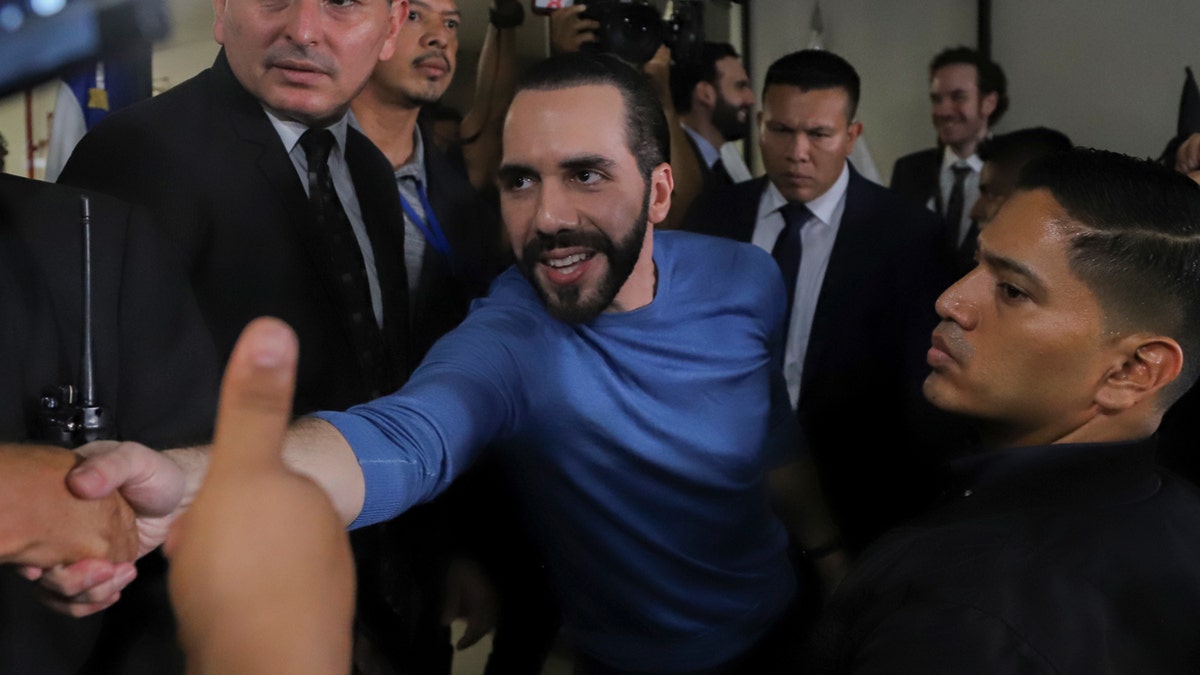
Salvadoran President Nayib Bukele greets supporters in San Salvador, El Salvador, Friday, Oct. 27, 2023. (AP Photo/Salvador Melendez, File)
Human rights groups in El Salvador and abroad have criticized Bukele for the lack of due process and other abuses. But the resulting drop in homicides has cemented support for Bukele among a majority of Salvadorans.
Bukele has declared El Salvador the safest country in Latin America, just a few years after it was listed as one of the world’s deadliest. Many people have expressed a willingness to overlook the erosion of checks and balances in exchange for safe neighborhoods.
His exchanges with people from a host of Latin American countries reflected how his success has resonated beyond El Salvador’s borders, even in the face of sometimes withering criticism from the United States and Europe.
His pushback against critics Wednesday echoed his 2023 speech before the United Nations General Assembly, in which he said that if El Salvador had listened to his critics it would return to being the world’s murder capital.
“Today, I come to tell you that that debate is over,” Bukele said at the U.N. “The decisions we took were correct. We are no longer the world death capital and we achieved it in record time. Today we are a model of security and no one can doubt it. There are the results. They are irrefutable.”
Bukele enjoys sky-high rates of approval in El Salvador.
He boosted his country’s international image hosting events like the Central American and Caribbean Games in July and the Miss Universe competition in November.
He has responded brashly to his critics, accusing them of defending gangsters. His success has spurred a host of political aspirants in other Latin American countries from Argentina to Guatemala who promise to emulate his heavy-handed tactics.
On Wednesday, Bukele said that he had spoken with one such foreign politician in a country where the people were fed up with the traditional political parties: Argentina’s newly elected Javier Milei, the self-declared “anarcho-capitalist” who raced to victory campaigning against what he called Argentina’s political caste.
In a two-hour conversation, Bukele said, he told Milei that he would have to confront a system that did not agree with him.
CLICK HERE TO GET THE FOX NEWS APP
“I told him that I wished him luck, we wish him the best and hope that he can overcome those obstacles, the obstacle of the reality, as well as the obstacle of the system that is going to try to block him and that isn’t going to let him make the changes that he wants to make,” Bukele said.
